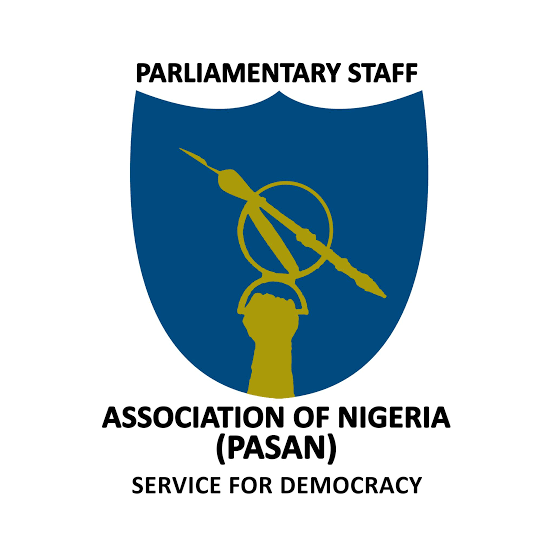
The National Industrial Court sitting in Lagos has ordered Airtel Networks Limited to pay a total of ₦150 million in damages to its former employee, Mr. Olakunle Jagun, for workplace discrimination and wrongful termination linked to his disability.
Delivering judgment, Hon. Justice Joyce Damachi directed the telecommunications company to pay ₦99.4 million as special damages, representing 60 months of Mr. Jagun’s salary, ₦50 million as general and exemplary damages, and ₦831,874.58 in withheld payments – all within 30 days.
The court held that Airtel’s actions violated both the Lagos State Special People’s Law 2010 and Mr. Jagun’s constitutional right to freedom from discrimination, as guaranteed under Section 42 of the 1999 Constitution.
Justice Damachi explained that under the Lagos law, any employee who becomes permanently disabled in the course of employment is entitled to 60 months’ salary as severance. She criticised Airtel for stigmatising and penalising an employee on account of his health status, noting that the court “is bound to uphold the supremacy of the Constitution and frown at any action that marginalises citizens with disabilities.”
Court records show that Mr. Jagun joined Airtel in 2004 and became wheelchair-dependent after a major health challenge in 2007. Despite his condition, he returned to work in 2008, earning commendations and promotions over the years. However, following another health setback in 2022, Airtel subjected him to a wellness test whose results were never disclosed. Three months later, the company declared him permanently disabled and terminated his employment in October 2023.
In its defence, Airtel argued that Mr. Jagun breached company policy by being absent from work for over 90 days, and that the Lagos disability law did not apply since his health challenge was not work-related. The company also maintained that the wellness test result was confidential and that his termination complied with internal policy.
However, Mr. Jagun’s counsel, Mr. Moshood Aliu, contended that his client clearly met the definition of a person with disability under the Lagos law. He argued that Airtel was estopped from terminating his employment after previously allowing him to work remotely for more than a year following recovery. He further described the company’s reliance on a withheld medical report as “precisely the mischief the law seeks to prevent.”
In her ruling, Justice Damachi faulted Airtel for withholding the wellness report, which she described as “a key document” that could have either justified or disproved Mr. Jagun’s absence. She held that the company violated due process by failing to issue a query before termination and by substituting fair procedure with “its own opinion of fairness.”
“It is on record that the Defendant acknowledged through Exhibit D2 that the Claimant could effectively discharge his duties remotely without physical presence in the office. Rather than extend this reasonable accommodation, the Defendant opted for termination—an act contrary to both the letter and the spirit of the law,” the judge stated.
The court emphasised that the Lagos State Special People’s Law 2010 expressly forbids employment discrimination on the basis of disability and concluded that Airtel’s actions amounted to a clear case of workplace discrimination.










